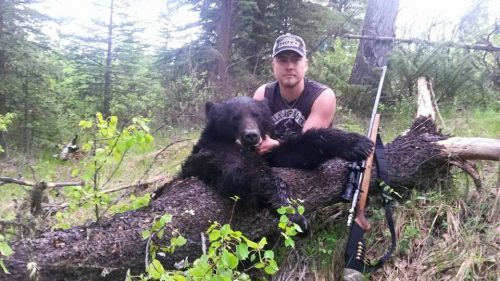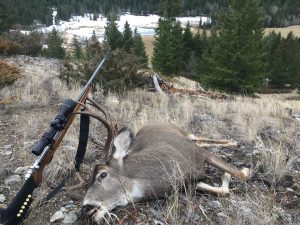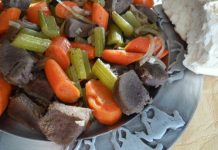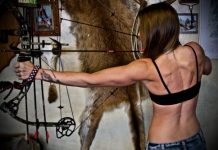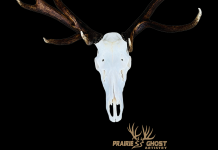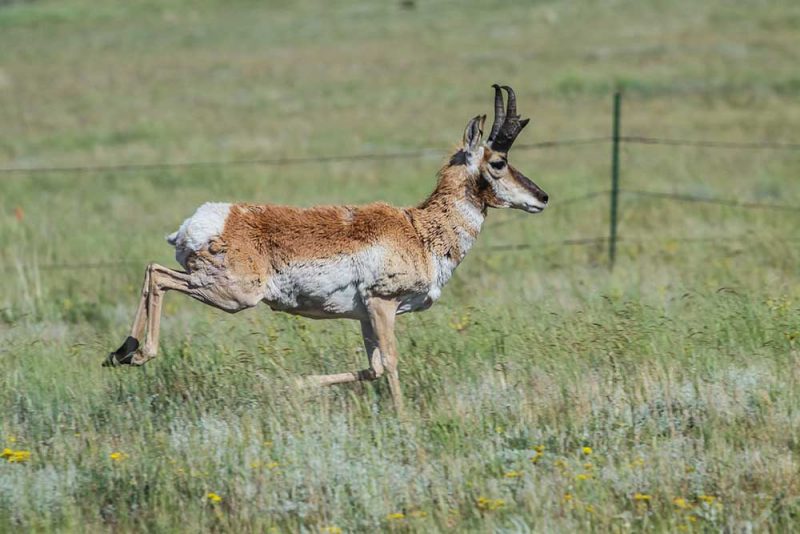The vocabulary within the hunting community has changed in a short period of time. Many hunters have faced backlash across different mediums from the anti-hunting community. The anti-hunters are a vocal minority; it seems as if the opinions of a few are highlighted across multiple platforms. Meanwhile, hunters wonder why public relations is either in the crapper or just straight up non-existent. However, there are people like Steve Hamilton with 1Campfire working to change hunter/non-hunter relations.
In everyday life, there are words that are now way less prevalent in society on a public level. I rarely hear a lot of derogatory words that were commonplace just a few years ago. Naturally, this would shift into all communities, including the hunting community. I have a hard time believing this is doing us any favors.
I’LL START WITH “HONEST MEAT”
Hunter’s often make raging remarks such as “at least I know where my meat comes from,” or “I didn’t hire someone to murder my meat,” and “clean organic meat.” I’m aware of where these sentiments come from, but they get the hunting community nowhere. Now if we make these remarks, we have to be honest about them. “I know where my meat comes from,” is probably the catchphrase I have the least issue with. For the most part, it’s true. But, if you take your animal into a meat processor that you’re unfamiliar with, you can’t be 100% sure it’s all your meat coming back.
The counter to that is that the person eating store bought meat, really has no idea. I would say hunters have a better idea of where their meat comes from. While processing your own animals is not always possible for everyone, there are resources out there so one can learn. On top of that, processing your own animal can involve friends and family.
“I DIDN’T HIRE SOMEONE TO MURDER MY MEAT”
This one only really works if you’re dealing with an anti-hunter that still eats meat. “At least I didn’t hire someone to murder my meat” implies the sentence should be finished with “I murdered my own meat.” Okay, this one has shock value. Hunters don’t murder meat; you cannot “murder” meat. Meat is the flesh of an animal. Meat is not alive, the animal is alive, the meat is part of the animal. But I digress.
HUNTERS GET THEIR MEAT BY ______ ANIMALS.
If you filled that blank in with ‘harvesting’… try again. You can harvest vegetables, but you kill animals. If you kill an animal or take the life of an animal, as a hunter you owe that animal the respect of being honest in the task you perform. Hunters have switched to using the word harvest over the word kill. We don’t go out into the woods and just pick up an animal that is already dead. We go out in pursuit of an animal and given the individuals correct parameters, we take that animal’s life. On one hand, using the word ‘harvest’ may paint hunting in a softer light for the non-hunting crowd. On the other hand, the anti-hunting crowd still hates it. So, I say we show the proper respect to the animal and be honest about what we do.
“Eat organic”
“100% Organic” or “clean organic meat” are often seen represented by hunters on social media. Once again, I get the sentiment. But, this is an extension of the, “I know where my meat comes from” argument. Wild animals have free lives and roam at their own will, eating whatever they please. Wild animals aren’t force-fed diets to yield the most meat. There are farms that have their cows free range on “organic” grassland. Some use fertilizer and some avoid it at all cost. There are different levels of organic, but that’s not what I’m writing about.
Imagine we have two farmers and a hunter. Let’s call them Farmer Al, Farmer Bob and Hunter Caleb. Farmer Al has his cows on his fenced property eating grass without herbicides or pesticides. Everything is organic. Farmer Bob’s soil isn’t as great and doesn’t have irrigation. He uses fertilizers and pesticides on his non-organic cattle farm. Hunter Caleb is out deer hunting. He hunts the timber that backs Farmer Al and Farmer Bob’s property. Hunter Caleb kills a deer, 400 yards inside the timber backing the two farmer’s land. Caleb doesn’t know if that deer was feeding on Farmer Bob’s property. Farmer Al’s cows are now potentially more organic than Hunter Caleb’s deer. I know this is a rare case in British Columbia, but again, we need to be honest about it.
“I ONLY HUNT FOR MEAT”
The last case that isn’t doing the hunting community any favors is, “got my meat buck” or “he’s an eater”. This contradicts the hunting community applauding those who promote “never apologize for being a hunter”. Saying “meat buck” or “he’ll be an eater” is often used when a successful hunter poses with a smaller animal. I believe this also stemmed out of hunters avoiding the word “trophy”. Meat buck says “I shot a smaller animal, therefore I am not a trophy hunter”. Which is dumb, because that same hunter, I bet would suffer at least the mildest form of buck fever if a giant walked out. On top of that, if only the smaller animals are meat animals, that must mean big animals are trophy animals. Since we have avoided the word trophy, we have given it more power in the hands of anti-hunters. Anti-hunters think that a “trophy animal” is killed just for a head on the wall. We all know that is not the case. I suggest you read The Great Trophy Hunting Debate, by Brandy Remy. Hunters should see every animal as a meat animal and every legal animal as a trophy animal. Plain and simple.
In closing, I would like the hunting community to rethink what we’re doing when we replace words. We often blame cartoonist for the snowflake society, then we replace certain words to soften such an intense activity. If we listen and engage respectfully, I think we can gain more ground than speaking in hushed tones among ourselves.


